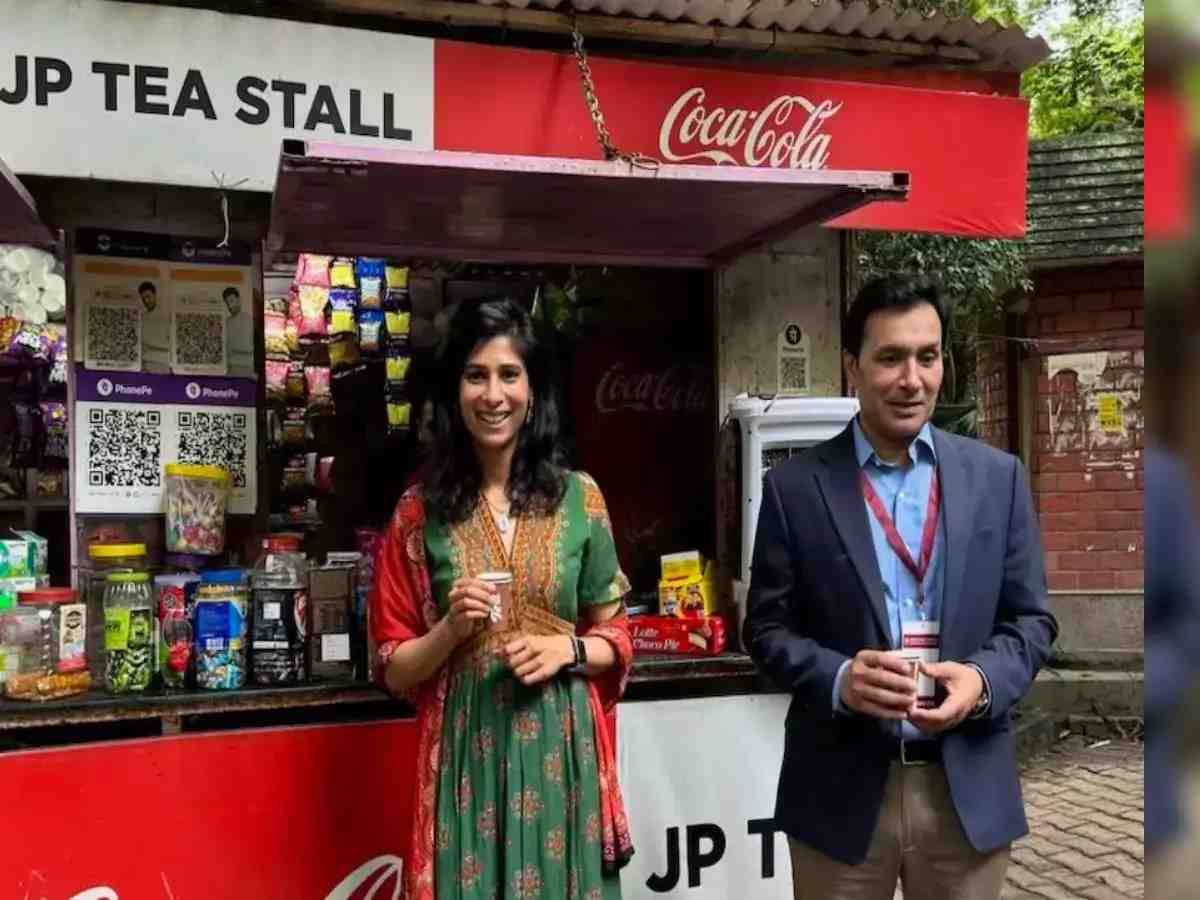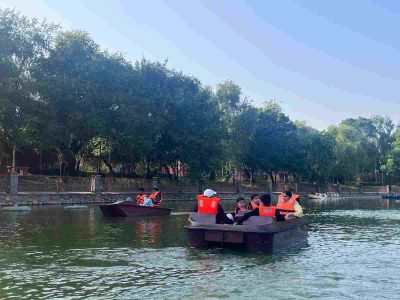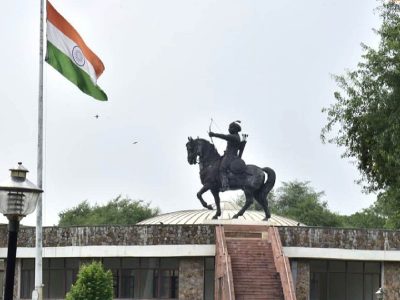The Delhi School of Economics (DSE), one of India’s premier educational institutions, is celebrating its 75th anniversary this year. Over the decades, DSE has consistently produced economists who have shaped not only India’s economic policies but also those of the world.
One of the school’s most notable alumni, International Monetary Fund’s First Deputy Managing Director Gita Gopinath, attended the Diamond Jubilee celebrations on Saturday, August 17. For Gopinath, who earned her MA in Economics from DSE in 1994, returning to her alma mater felt like stepping back into her student days—a “walk down memory lane,” as she wrote on X.
A walk down memory lane: Hanging out at the JP tea stall at my alma mater Delhi School of Economics @UnivofDelhi. Spent many hours at the tea stall back in the day. Thank you Prof. Ram Singh (Director of DSE) for inviting me back! pic.twitter.com/vScp909L9l
— Gita Gopinath (@GitaGopinath) August 17, 2024
Another esteemed alumnus, PK Mishra, the principal secretary to Prime Minister Narendra Modi, reflected on his time at the institution in the early 1970s.
During his studies, classes were conducted by eminent scholars, and social scientists and renowned economists from other institutions frequently visited to address the faculty and students. It was then that he was introduced to emerging areas of study and research, including analytical perspectives on Japan’s economic development, mathematical and econometric models, the theory of collective choice, and the early ideas of economic reforms.
Since its inception, DSE’s faculty has included a galaxy of distinguished scholars, such as former Prime Minister Manmohan Singh, who taught at the school from 1969 to 1971. Nobel laureate Amartya Sen, Mrinal Datta Chaudhuri, and AL Nagar, all prominent economists, have also been part of the faculty. Sukhamoy Chakravarty, one of the architects of India’s Five-Year Plans, was among the esteemed professors who taught here as well.
Also Read: Delhi: MCD under-reporting data on unsafe buildings, suggests report
The current faculty also includes a bevy of illustrious names, such as Nobel laureate Abhijit Banerjee, TCA Anant, and Ram Singh. Social activist and economist Jean Dreze is also a visiting faculty member.
“After India gained independence, Professor VKRV Rao, along with a group of visionary economists and educationists, proposed the idea of establishing an institution dedicated to in-depth economic research to then-Prime Minister Pandit Jawaharlal Nehru,” said DSE Director Ram Singh.
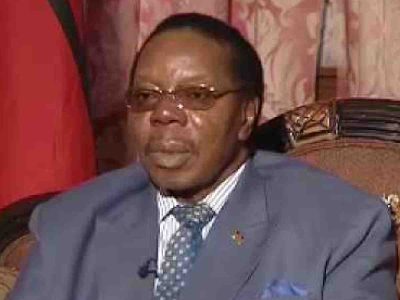
“They envisioned an institution in India that could stand alongside the world’s best economic research centres. With the government’s support, the Delhi School of Economics was established in 1949.”
Endless Debates And Dialogue
It is often said that to gauge the quality of a college or university, one should spend some time in its cafeteria or library.
In DSE’s canteen, lively discussions unfold over steaming cups of tea and coffee, accompanied by delicious mutton dosas, samosas, and other treats. Teachers and students engage in insightful conversations about economic developments worldwide, with almost every table buzzing with thoughtful exchanges. While disagreements may arise, the dialogues remain courteous—it’s simply the D School way.
The spirit of dialogue remains ever-present here. Faces and times may change, but the essence stays the same. Its past and present are both magnificent.
Director Singh notes that meaningful conversations are woven into the fabric of DSE. Professor Rao fostered a culture where teachers and students could engage in discussions about contemporary and economic issues. He himself would spend time in the cafeteria daily. Professors BN Ganguly, AM Khusro, KN Raj, and Amartya Professors BN Ganguly, AM Khusro, KN Raj, and Amartya “Argumentative Indian” Sen have all continued this tradition.
Why Ratan Tata Library Is Special
Former DSE professors recall that Manmohan Singh would often sit in the cafeteria but preferred to study in the Lady Ratan Tata Library. This library, which houses millions of books, has been significantly enriched by generous contributions from the Tata Group.
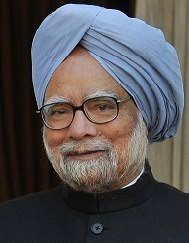
During Singh’s tenure as Prime Minister, his key economic advisors were Montek Singh Ahluwalia and Kaushik Basu. While Montek Singh did not teach at DSE, he frequently attended gatherings at the canteen during his college days at St. Stephen’s College. Basu, who served as India’s Chief Economic Advisor from 2009 to 2012, also taught at DSE. Manmohan Singh continued to deliver lectures at DSE in later years and always enjoyed visiting the school.
From DSE To Malawi’s Presidency
If one professor became the Prime Minister of India, one of its students, Bingu wa Mutharika, went on to become the President of Malawi, serving from 2004 to 2012.
Mutharika pursued his Master’s degree in Economics from 1965 to 1967, under a scholarship from the Indian government. In 2010, he visited Delhi and was honoured by Delhi University, where he also met the then Vice President, Hamid Ansari.
Is One Delhi School Of Economics Enough?
“No, not at all. We need dozens of such great institutions,” believes Director Singh.

